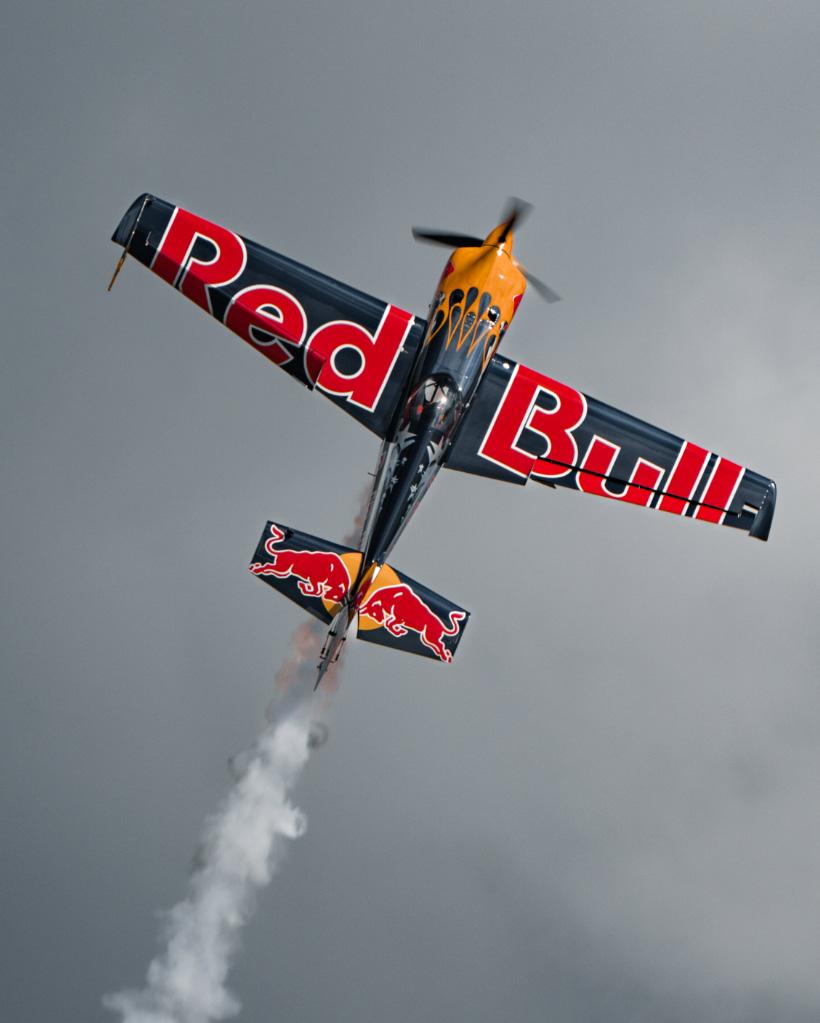The majestic state of Colorado is renowned for its breathtaking landscape – from the snow-capped Rocky Mountains to the verdant forests and mesmerizing rivers. However, the Colorado sky has its unique charm too. This charm is enriched by the thrilling world of aviation, which creates a unique blend of technology, history, and art. As an avid aviation photographer, Colorado offers an impressive array of opportunities, especially around landmarks like Peterson Air Force Base, Centennial Airport, and Denver Airport.
The Importance of Aviation Photography
Aviation photography is a niche yet dynamic genre of photography that beautifully merges the technicalities of planes with the artistry of photography. It captures moments that express human achievement, the thrill of flight, and the captivating designs of aircraft. A picture of a plane mid-flight or on the ground is not just about the plane itself but also tells a story of human endeavor, technological advancement, and the spirit of exploration.
In Colorado, Peterson Air Force Base, Centennial Airport, and Denver Airport are primary hubs for aviation activity. With an array of military and civilian aircraft, these bases offer an aviation photographer a wealth of subjects to photograph. Capturing these planes in their natural habitat is a thrilling experience and serves to document a significant aspect of Colorado’s contribution to the nation’s defense and aviation history.
Camera Settings for Aviation Photography
Just as important as understanding the subject in aviation photography is mastering the appropriate camera settings. Here are a few recommendations:
Shutter Speed: For propeller-driven planes, a slower shutter speed (1/60th to 1/125th) is ideal for capturing motion blur in the propellers, giving the impression of movement. For jets, a faster shutter speed (1/800th to 1/1000th or higher) is recommended to freeze the action.
Aperture: Use a smaller aperture (f/8 to f/11) to maintain sharpness throughout the image. However, when shooting in low light conditions, open up your aperture to allow more light into your camera.
ISO: Aim to keep your ISO as low as possible to avoid noise. Increase it only when necessary, such as during early morning or late evening shoots.
Focal Length: This depends on your distance from the aircraft. A lens with a focal length range of 70-200mm is generally versatile for both close-ups and wider shots. I also use a 200-600mm.
Remember, these are starting points – feel free to experiment based on the specific conditions and your artistic vision.
Common Types of Planes in Colorado
Colorado’s rich aviation history is reflected in the variety of aircraft found within the state. You’re likely to spot planes like the C-130 Hercules and F-16 Fighting Falcon at Peterson Air Force Base; F-18 Super Hornet’s at Centennial Airport; and F-35’s everywhere, symbolizing the power and versatility of modern aviation.
Then there’s the general aviation scene with a variety of small piston aircraft, gliders, and business jets dotting the sky, especially around the many smaller airports in the state.
Colorado’s skies are truly a playground for an aviation photographer, offering the chance to capture an eclectic mix of aircraft against the backdrop of the state’s stunning natural beauty. So, grab your camera and prepare to document the soaring wonders of aviation in Colorado. Remember, in photography, as in aviation, the sky’s the limit!
January 26, 2024
Leave a Reply
popular posts/
Bring breathtaking aviation images to your workspace or home, all year long!
Boeing 777x
featured print
View all prints
From the print shop /
weekly newsletter featuring photogrpahy tips & tricks
join the list
Receive weekly tips and tricks, wallpapers, guides, and more, straight to your inbox. FREE!
SIGN UP

Post Comments